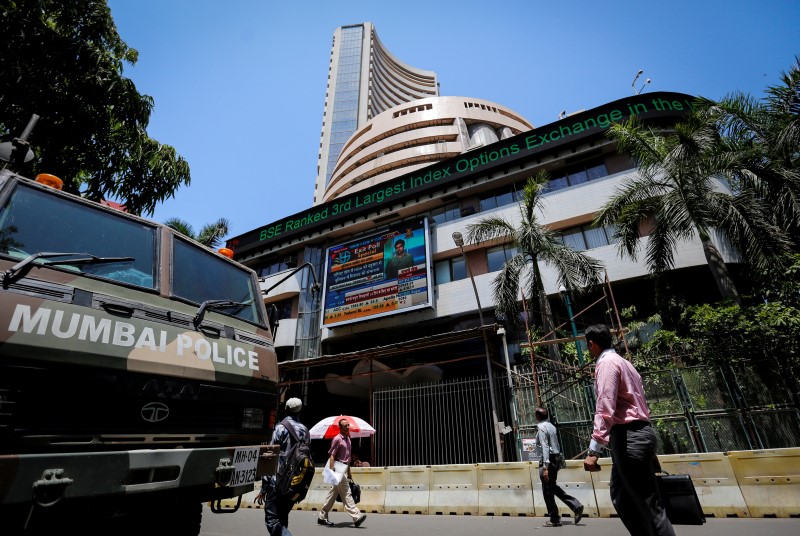Is this U.S.-China selloff a buy? A top Wall Street voice weighs in
Investing.com -- Jefferies said India’s sharp equity rally since March is likely to stall, with rising supply from promoter and private equity stake sales weighing on the broader market, even as foreign investor flows improve.
The MSCI India index has climbed 17% from March lows, but valuations have stretched to 22.9 times forward earnings, 1.5 standard deviations above the 10-year average.
Excluding financials, the index trades at 26.2 times, nearing two standard deviations above.
That rebound has triggered a wave of share sales, Jefferies noted, with equity supply exceeding $17 billion in May and June, mostly from secondary deals.
Promoters and private equity firms accounted for around 75% of the activity, with roughly equal contribution from domestic and foreign sellers.
The equity supply pipeline remains robust, analysts wrote, citing more than 65 IPOs awaiting regulatory approval and potential government disinvestments. Jefferies estimates $60–80 billion in total supply over the rest of fiscal 2026.
At the same time, domestic equity demand has weakened.
Mutual fund inflows averaged $3.2 billion a month in April-May, down 40% from the previous fiscal year’s pace, while retail investors turned net sellers.
Foreign portfolio investors have added $4.6 billion to Indian equities so far this year, reversing last year’s outflows, but positioning remains close to neutral.
Market returns may be capped in the near term, Jefferies said, warning that trailing 12-month returns could turn negative by September unless stocks climb another 3–4%.
That, in turn, could further dampen local investor sentiment.
Though the firm sees bottom-up opportunities and remains overweight on financials, cement, two-wheelers, select real estate, and Bharti Airtel (NSE:BRTI).
A strong revival in FPI flows remains the key swing factor, it added.
